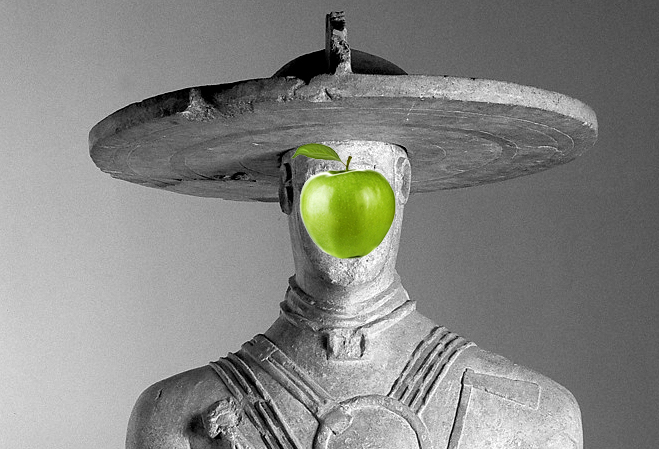Identity Problems in Early Italy II: A Workshop on Methodology

How do we know what we know about Italy’s pre-Roman peoples? In studies of the population groups of Italy in the first millennium BC, the lacunose and contradictory historical, linguistic, and archaeological sources present serious problems. While they all indicate that Italy was fragmented into numerous geographically circumscribed population groups at the time of the Roman conquest, the devil is in the details: the historically named peoples, language groups, and archaeological cultures rarely map neatly onto each other, nor do they permit straightforward reconstructions of these groups’ formation and development. Without formal rules for handling the evidence, each of us must gauge independently what data are sufficient to make a convincing argument. In these studies it has been standard practice for the specialists of these various sets of sources (literary, epigraphic, archaeological) to combine multiple categories of evidence to produce a coherent discourse. To do this they are often obliged to use paradigms from other scientific categories as if they were indisputable ontological concepts. This can result in some odd hybrid terms. After all, what is really meant by "Paleo-Veneti," "Villanovans," "Golasecchians," "etruscophone," "oscophone," "latenian sword," "Samnite belt," or "Romulean walls"?
The purpose of this workshop, the second of its kind, is to explore the methods employed in the study of Italy’s pre-Roman groups. The focus here is on practice, not results. Which types of evidence about ancient identity carry more weight? How can different kinds of evidence be combined in rigorous and effective ways? Can new methods be brought to bear on old data? When must we admit that there are some questions the intractable evidence is not equipped to answer? By bringing specialists in all three categories of evidence together, we hope that in a spirit of cooperation we may share our own perspectives on the challenging task of understanding the peoples of early Italy.